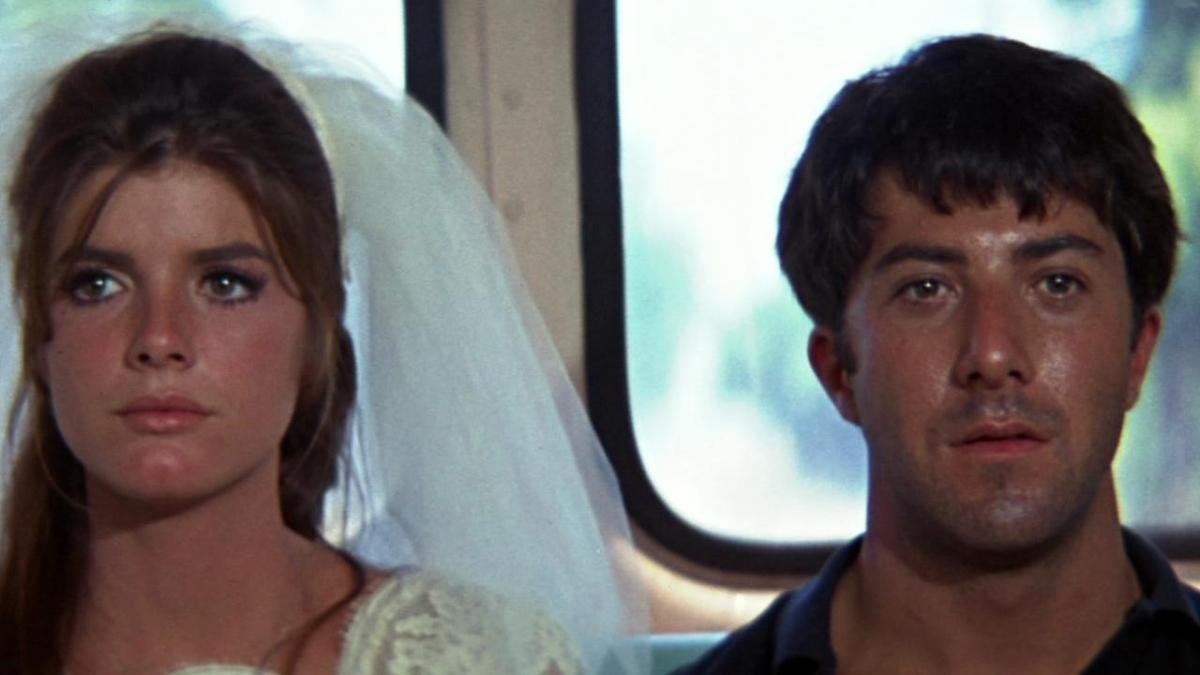
The day I asked my best friend to marry me, I was sure she would say yes. We were sitting in our dirty car, me with an unflattering fringe I had cut while running from the New South Wales police to hide my identity, her fully stressed out and holding her favourite blue water bottle tightly against her chest.
She and I were eating stale bread and hummus that had been sitting in the boot for longer than I care to admit. “Wanna get married?” I asked. “Yep, sure,” she replied.
Not very romantic, it’s true, but for me and Hannah marriage was never about white dresses and ceremonies (or consummation for that matter).
For us, getting married meant we could be full-time climate activists who can hopefully afford food and continue to live out of our car.
Hannah and I are under 22 which means we are ineligible for Centrelink payments as independents.
We are among many other young people struggling to get by without government support. In order to become eligible, I did something I have long sworn I would never do.
I got married.
Amongst a jumble of mind-numbing and arbitrary rules created by the Centrelink system, there is a caveat that we learnt about from the community around us.
If you are married and younger than 22, you become eligible for payments. I have heard many people call it a “loophole”, but I hesitate to.
The term “loophole” makes it sound like that needs to be closed, a leak that must be sealed. I reckon it’s the complete opposite. To me, it’s a crack in the system that lets some light shine through. If we can split it apart just a little bit more, we can let daylight fall over other struggling young folks and allow them to survive independently.
As it stands, young, vulnerable people are not able to receive payments they need. Queer people and those coming from domestically violent homes who can’t simply ask their parents to sign a form allowing them to be independents have it particularly bad.
Students younger than 22 can’t receive payments either. Even if people learn of this way to work around in the system, it can be really difficult to find someone who is in the same position as you and is willing to get married. It’s obviously a big commitment.
I was luckier than most. Hannah and I were both in the same situation and of a similar age. We were also both not particularly interested in the idea of marriage as a life goal, so we were happy to use up our proverbial marriage token for as long as needed.
I didn’t want to get married. Hannah didn’t either. But we knew we couldn’t make ends meet if we didn’t. Our ceremony was not lavish. Just me and her lying on a mattress, lit by the blue light of her laptop.
We clicked tiny boxes and uploaded documents. When we finished there was no joyful run back down the aisle or congratulatory family and friends waiting. In fact, neither of us have told our parents.
Hannah and I will get divorced when we are 22. We will reapply for different payments. But for now, we are each other wives. And as lovely as it is to be committed to Hannah in this way, I can’t wait for the day I can be independent again.



